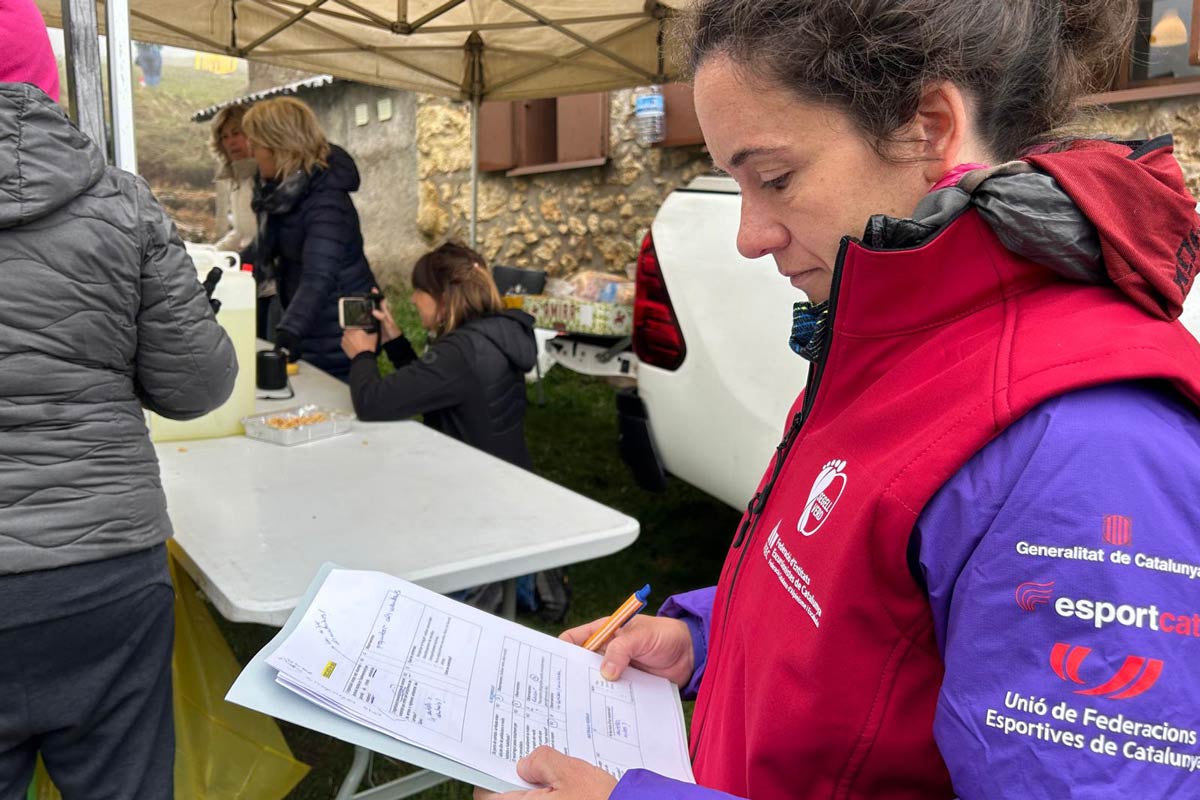The growing interest in climbing indoors has prompted the UIAA Legal Experts Working Group (LEWG) to publish a paper highlighting liability issues faced by operators of indoor walls in North America and the Europe.
A number of lawsuits and their outcomes which have been filed across North America and the Europe (United Kingdom, Spain, France, Belgium, Netherlands) are mentioned in the paper.
One case in France was brought by an injured climber against his own club which had organised a club event in a climbing wall. He was being lowered off the wall but the belayer failed to control the descent. The claim failed because the court considered this to be an inherent risk of an activity in which the claimant participated voluntarily and asserted that he was experienced.
On appeal to the Court de Cassation it was said that there was still a duty of care (obligation securite) and it was referred back to the court of appeal for further consideration. The court of appeal must now determine whether there were any actions that the club/association should have taken and failed to do. The outcome is awaited and is a cause of concern because it may affect how club activities are conducted in the future and the availability and cost of insurance.
Waivers and informed consent
The paper looks at how liability issues associated with climbing wall accidents are interpreted differently in North America, where waivers or releases, may protect operators against liability and in Europe
where the doctrine of informed consent is relevant in considering if there is liability.
Martin Wragg, the paper’s author said that legal principles have developed differently in different jurisdictions but “notwithstanding this, some key principles are common in many jurisdictions.”
“One of these is the idea that a participant in a risk activity voluntarily accepts the inherent risks of that activity,” Wragg told the UIAA. “The Latin name for this is “Volenti not fit injuria” which is traditionally used by lawyers.”
“The doctrine of informed consent is a development of this which recognises that some risks might be blindingly obvious to everybody including those who lack experience or detailed understanding, but other risks require a degree of experience or explanation before they can be recognised by the novice,” said Wragg.
“For example a novice taken into the mountains may fully understand that if he slips on the snow he may slide down the mountain and be injured,” said Wragg. “He may not recognise that on reaching the summit the snow overlooking the steep face on the other side may be a cornice and unsupported”, unless he is informed of that risk.
North America and Japan
Wragg said the situation gets more complex in North America where every state in a country such as the U.S.A. has its own laws which may be more or less similar to others.
“Across most, but not necessarily all, the doctrine of informed assumption of risk would be applied,” said Wragg. “However many states in the USA attach greater importance to the contract between individuals. It is this that allows the idea of a waiver/release to be used. It is nevertheless recognised that the contract cannot be allowed to protect the supplier from recklessly exposing the participant to risk or from the supplier’s gross negligence. It only protects against ordinary negligence.”
In the Europe the principle of the supplier being able to avoid liability for his own negligence which results in injury to another is considered unacceptable. Protection for the supplier in Europe is limited to the apparent risk which a participant voluntarily accepts and, where appropriate, having been informed about it. The law in Japan is even stricter and does not allow any shield for the supplier. Liability is absolute.
Risk aversion
The paper ends with a warning note on the implications of a growing trend for societal risk aversion which is on the rise in Europe and how it affects liability issues:
“Judicial thinking may be influenced by cultural changes. European society appears to be increasingly risk averse. The European Union is obsessed with protection of consumers, employees and the society at large. In France a tendency has been noted to a more sympathetic treatment of accident victims. The doctrine of informed acceptance of risk carries less weight in consequence and can no longer be relied upon by defendants to the same extent as before.”
The full paper on climbing wall accidents and litigation can be found here while the paper on disclaimers and waivers of liabilities can be found here.


